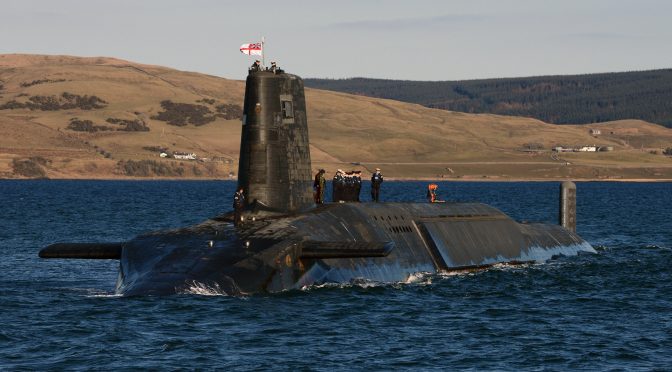
Two senior UK defence figures have called for more money and a build-up of defence industrial capacity in letters to UK newspapers.
Vice Admiral Sir Jeremy Blackham wrote to The Times as follows:
The Government’s Defence Review is full of fine words. So too were those of Cameron in 2016 and Johnson in 2020 – both promised to increase the number of naval frigates and to enter the AUKUS agreement to produce a new generation of submarine. But little was done, and neither can, with our present budget and industrial capacity, deliver before around 2040. (Similar issues undoubtedly apply to the other services). But only real actions actually deter. Labour now has the chance to do something, if it re-builds defence industrial skills and capacity and provides adequate funding. This is urgent because the threat is before 2030 not in 2040 and the price of failure might be existential. We have, in effect, returned to the 1930s.
Meanwhile the UK is now a laggard in Europe with its defence spending. Unless the Defence Review is urgently backed with money, industrial capacity and trained people, the fine words will butter no parsnips.
Admiral Lord West of Spithead (Lab) wrote to The Daily Telegraph as follows:
The Strategic Defence Review (Letters, June 5) is a good piece of work, and establishes a template for the Ministry of Defence and the Cabinet. Sadly, it has little connection with hard truths about available resources – as will no doubt be confirmed at the Spending Review.
However, the SDR should be reflected in the forthcoming National Security Strategy, and both will guide our ministers and officials at the Nato summit, where they will find it hard to argue against a need for an immediate and significant increase in defence spending. Much of Europe, and Donald Trump (who will be present), will expect nothing less.
I implore the Government to build on its good work in the SDR, and to restore the UK’s military after 15 years of damage inflicted by the Coalition and Conservative governments, by immediately providing defence funding of 3 per cent of GDP, and committing to 3.5 per cent in the next parliament. It will be difficult and painful, but it is crucial to our survival as a nation.



